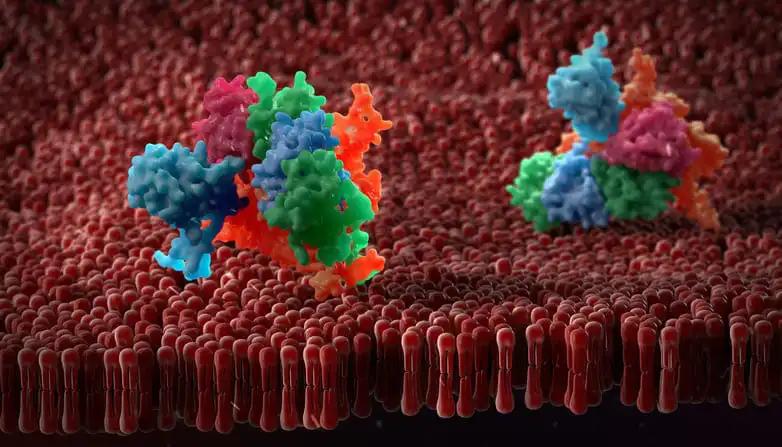KEY TAKEAWAYS
- The phase 3 MK-3475 randomized trial aimed to evaluate the correlation between tTMB and efficacy in gastric and gastroesophageal cancer when pembrolizumab was administered as a second-line treatment.
- The correlation between WES-tTMB and PD-L1 CPS was found to be low.
- After excluding known MSI-H tumors, WES-tTMB showed a significant association with pembrolizumab PFS and OS.
- The results obtained from FoundationOne®CDx-tTMB were comparable to those from WES-tTMB.
In the phase III KEYNOTE-061 trial, which involved randomization and control, the use of second-line pembrolizumab did not demonstrate a significant increase in overall survival (OS) compared to paclitaxel for patients with advanced gastric/gastroesophageal junction (G/GEJ) cancer which had PD-L1-positive status (with a combined positive score ≥1). However, pembrolizumab resulted in a longer response duration and a favorable safety profile. This analysis was conducted as part of the trial to explore the potential associations between tumor gene expression signatures and clinical outcomes.
RNA sequencing data were accessible for 137 patients in each treatment group. The TcellinfGEP gene expression signature demonstrated a positive correlation with objective response rate (ORR) and progression-free survival (PFS) in the pembrolizumab group (p=0.041 and p=0.026, respectively) but not in the paclitaxel group (p>0.05). On the other hand, when adjusting for the TcellinfGEP gene expression signature, the mMDSC (myeloid-derived suppressor cells) signature exhibited a negative association with ORR (p=0.077), PFS (p=0.057), and overall survival (OS) (p=0.033) in the pembrolizumab group. For the paclitaxel group, the TcellinfGEP-adjusted glycolysis signature (p=0.018), MYC signature (p=0.057), and proliferation signature (p=0.002) were all negatively associated with overall survival (OS).
This exploratory analysis revealed that tumor TcellinfGEP had significant associations with objective response rate (ORR) and progression-free survival (PFS), specifically in patients treated with pembrolizumab, but not those receiving paclitaxel. Additionally, when considering the TcellinfGEP-adjusted mMDSC signature, it was negatively correlated with ORR, PFS, and overall survival (OS) in the pembrolizumab group. In contrast, no such associations were observed in the paclitaxel group. These findings indicate that myeloid-driven suppression may contribute to resistance against PD-1 inhibition in gastric/gastroesophageal junction (G/GEJ) cancer. Therefore, these results support the idea of exploring immunotherapy combinations that target the myeloid axis as a potential strategy to overcome this resistance.
Source:https://pubmed.ncbi.nlm.nih.gov/37399357/
Clinical Trial: https://clinicaltrials.gov/study/NCT02370498
Shitara K, Di Bartolomeo M, Mandala M, Ryu MH, Caglevic C, Olesinski T, Chung HC, Muro K, Goekkurt E, McDermott RS, Mansoor W, Wainberg ZA, Shih CS, Kobie J, Nebozhyn M, Cristescu R, Cao ZA, Loboda A, Özgüroğlu M. Association between gene expression signatures and clinical outcomes of pembrolizumab versus paclitaxel in advanced gastric cancer: exploratory analysis from the randomized, controlled, phase III KEYNOTE-061 trial. J Immunother Cancer. 2023 Jun;11(6):e006920. doi: 10.1136/jitc-2023-006920. PMID: 37399357; PMCID: PMC10314681.



